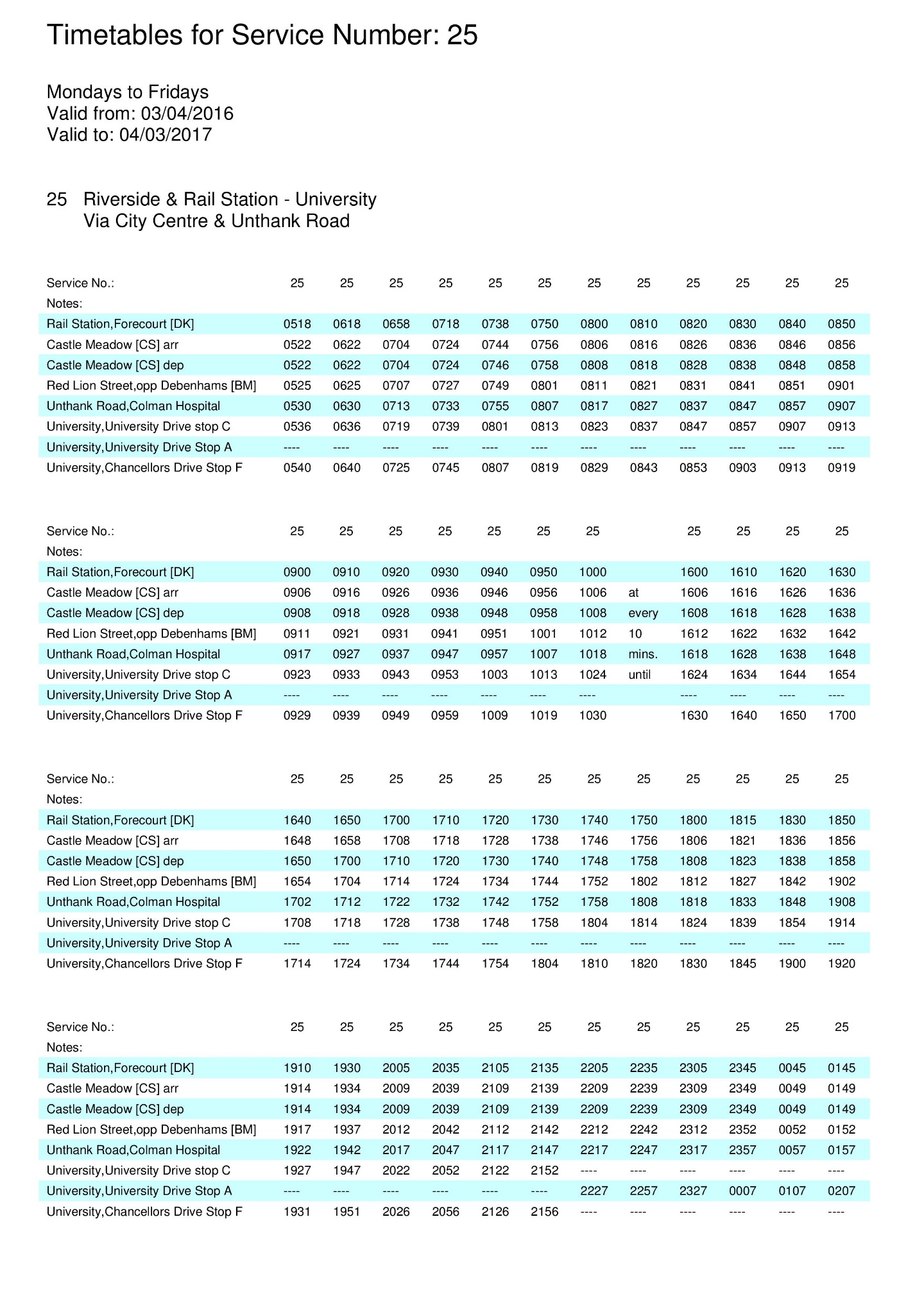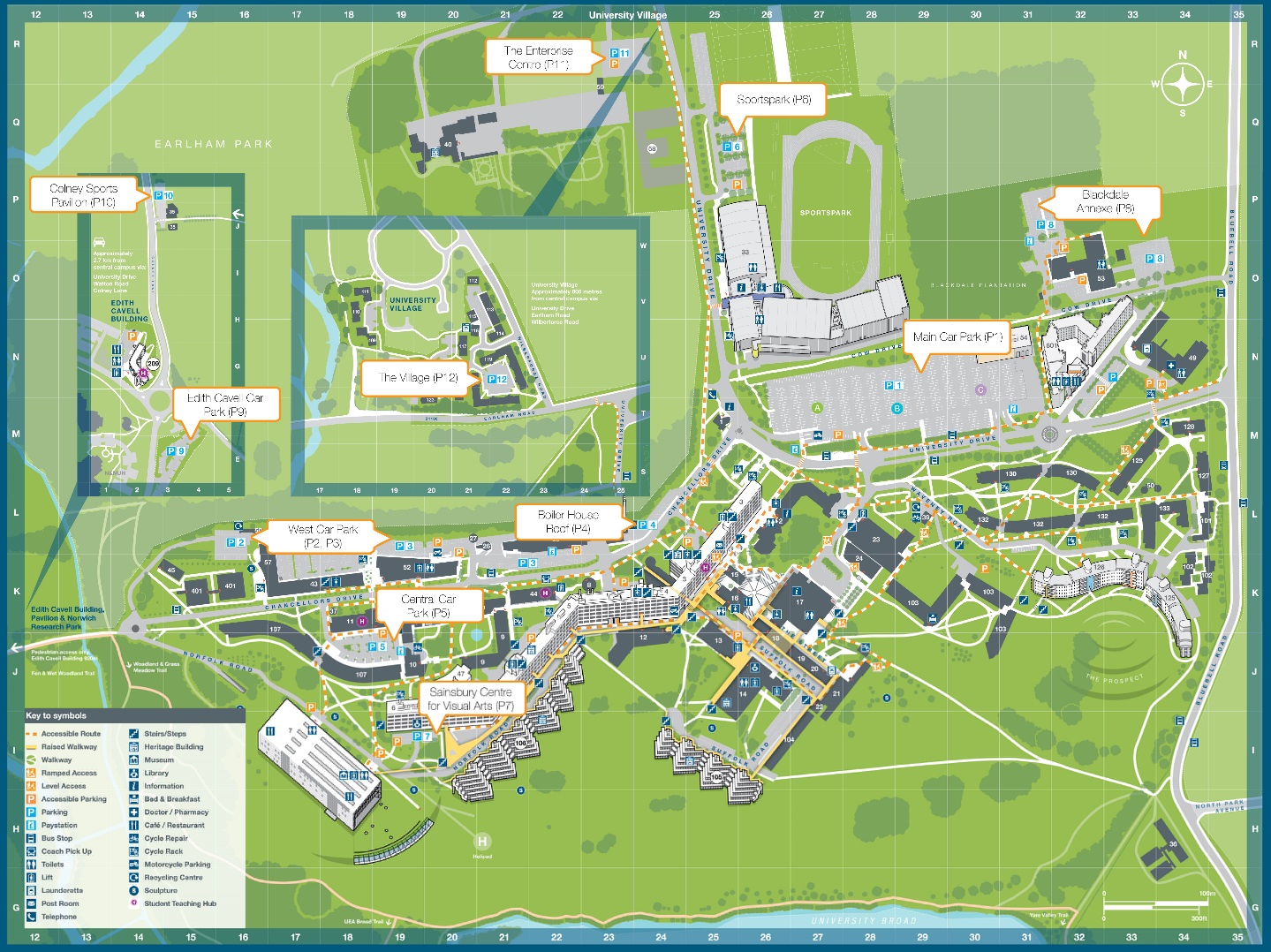Arrival Guide for International Students in The UK
Travel Preparation
Exploring
4 mins read
Share

Updated at: 16 December, 2024
Published at: 12 January, 2020
By Casita Team
Arrival Guide for International Students in The UK
Travel Preparation
Exploring
4 mins read

Updated at: 16 December, 2024
Published at: 12 January, 2020
By Casita Team
Share
As an international student in the UK, your study abroad experience could be both thrilling and intimidating. You are expected to encounter a few roadblocks, but we’re here to help you overcome them. We have compiled a list of the things you’ll want to do to make your life easier in the UK.
1. Ask and Learn
Moving to a new country is rather challenging, you’ll need to take your time to learn and adjust. England is a country with a few hidden rules, subtle expressions, confusing slang words and handy tricks up its sleeve, and mastering those will help better your experience as a student there.
The best way to learn about life in the UK is to ask British people yourself. Natives in the UK are generally very helpful; therefore, whenever you are struggling don’t hesitate to ask. On the off chance that the person you asked doesn’t know the answer, most likely he will stick around until you both figure it out.
No question is too simple, however knowledgeable or mature you are in your home country. You can ask things like: Where is the supermarket? What do you think is the best SIM Card to have? Would you mind helping me with my bank card? Remember that you’re exploring new territory and finding your footing, asking for help is okay. Eventually, you will learn enough to help others yourself!
2. Get a UK SIM Card
If you didn’t already get a UK SIM Card delivered to you in your home country, do not sweat, you can still get one after arrival! First, find yourself a mobile network that’s good for both local and international calls. The UK has a number of both major and secondary mobile network providers to choose from. Your choice should also factor in your budget, the features offered by the provider, and the offers they put out for their users.
Major Mobile Network Providers in The UK:
O2
Vodafone
EE
Three
Secondary Mobile Network Providers in The UK:
Smarty
PlusNet
ID Mobile
BT Mobile
giffgaff

Once you choose an appropriate provider, choose either a prepaid plan or a mobile phone contract. There’s no wrong choice, both plans have their benefits and their cons, and you can make the choice based on which one better suits your needs.
Prepaid plans free you from binding yourself to a lengthy contract and help you save money as you’re restricted to the usage you paid for. This plan is usually better if you tend to use messaging apps and text more than you call.
On the other hand, contracts are better if you tend to make a lot of local or international phone calls, and they offer both annual and monthly plans if you are planning on staying in the UK for a long time.
In order to acquire a SIM Card and a mobile phone contract in the UK, you’ll need to either apply for one online or head over to the nearest store and get one in person. To get a mobile phone contract started, you’ll need a number of documents:
1. Proof of Identity - As an international student studying in the UK, this could be your university ID or the legal documents for your Visa or Passport.
2. Proof of Address - You can show the utility bills or bank statements from your current UK address.
3. Credit Check - This one is not as common, but is required by some providers.
3. Open A Bank Account
Another thing you’ll need as an international student studying in the UK is a bank account. The UK has a mainly card-based economy, which means you’ll need to carry less cash and have a card on hand at all times. Opening an account requires you to book an appointment beforehand, so you’ll either book through the bank’s mobile app or in person with the local bank teller. You’ll need to prepare the necessary documents before heading to the bank, those include your passport, visa, a student letter, and confirmation of address.
Opening an account is the easy part, however, choosing the bank and the account type may prove to be a bit tricky. You can do some reading on the best banks and accounts for international students in the UK here.

4. Transportation
When moving to a new place, you need to survey the available transportation options along with their stops and timings. Finding means of transportation that fit your schedule as a student is an essential step in your settling in process. The UK has different means of transportation across its various cities. London, for example, has multiple ways to get to and from places, including taxis, buses, trams, underground links, and river transport services. Make sure you keep track of the distance between your accommodation and your campus, as well as the taxi fares in case you couldn’t find an available bus or train to take. If the institute you’re studying at is a reasonable distance from your student accommodation, you could take up cycling to and from.

5. Get A Student Job
You can make money while studying by finding an appropriate student job. There are a number of part-time jobs for international students in the UK with flexible hours that would leave you time to study, work, and enjoy a social life. Finding a job does not only help you make more money, but it also helps you adjust to your new environment, better your communication skills, and add to your growing CV.
6. Explore
Being an international student is not only limited to studying, you can also make use of being in a foreign country and explore new places and things to do. You should first explore the neighbourhood where your student accommodation is. Finding the nearby local amenities is an important step to check off your list once you move in. Local amenities include 24-hour supermarkets, restaurants, convenience stores, laundrettes, bank branches, sports centres, police stations, and hospitals. You would need to keep track of their locations and working hours so you know when and where to go in the off chance of an emergency of some sort. You can also check out the city attractions near you, the museums and city tours, as well as the different activities you can partake in. Being in the UK also gives you the chance to experience different cultures and diverse cuisines, so make sure you go out and sample what your city has to offer during your study period there.

Finding your footing as an international student in the UK may prove to be hard, but with those steps in mind, the process should be much smoother. Once you’ve checked off every item on this list, you’ll have more time to focus on studying and making the most of your time in the UK.
Travel Preparation
Exploring
By Casita Team
Share
Travel Preparation
Exploring
Updated at:
Published at:
By Casita Team
Share


